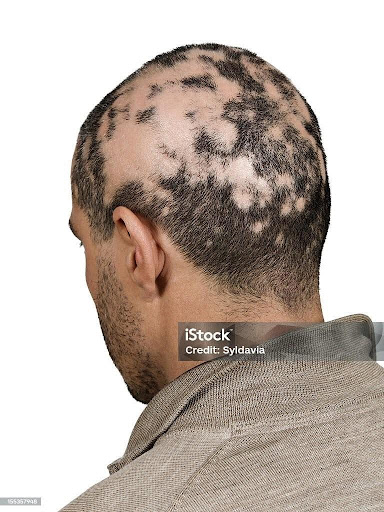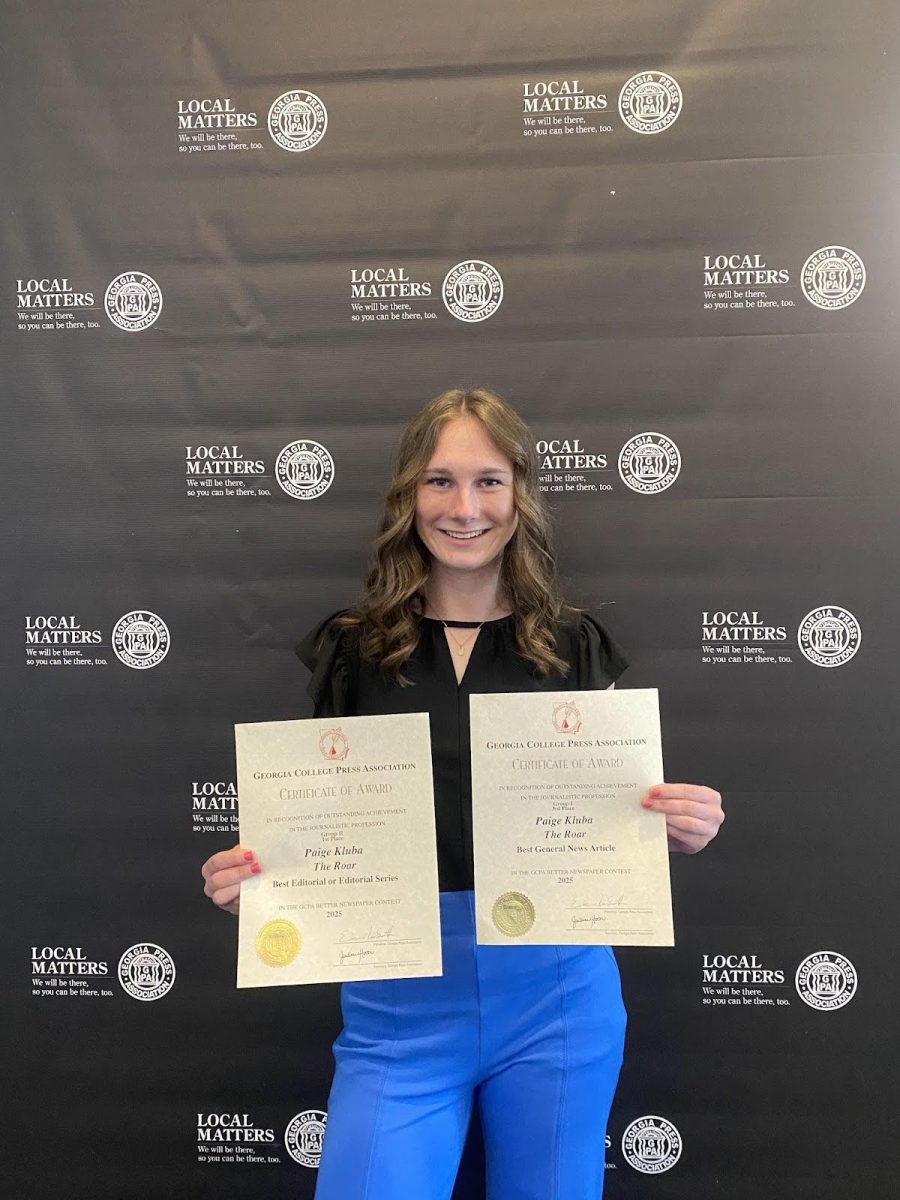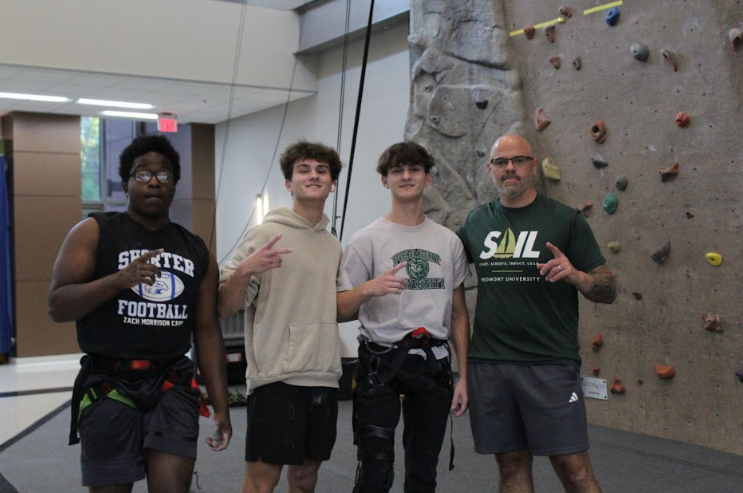
Welcome back, Lions! This week, we delve into the often-under-discussed topic of Alopecia. While an interviewer comfortable with the subject was elusive, I’m here to share valuable information on the causes, treatments, and coping mechanisms for Alopecia. Haines shared her knowledge of Alopecia. Haines stated she doesn’t know much about Alopecia, but she knows it’s a very serious condition.
Haines said “I don’t know much about any skin conditions, but I do know Alopecia is a disease that causes hair loss, and that there are known treatments for this disease but no known cure. Alopecia can affect anyone, regardless of gender, race, or ethnicity”. Haines also stated she does not know anyone personally with Alopecia but after being asked to join me for an interview, she said she felt it was smart to do some research.
Alopecia is very common. Nearly 7 million people in the United States have alopecia areata, and approximately 20% of cases involve children. Of people who have Alopecia areata, 5% have Alopecia and 1% have universal Alopecia.
Alopecia is an autoimmune disease where the immune system mistakenly attacks hair follicles, leading to hair loss. The cause of the condition varies among individuals, with some experiencing sporadic episodes while others have continuous battles. While there’s no cure, various treatments exist to stimulate hair regrowth, and resources are available to help individuals cope with the emotional impact of hair loss.
While family history may increase the risk, many individuals with Alopecia have no such background. Genetic factors are thought to contribute to Alopecia, as scientists have identified several genes linked to the disease. These genes play crucial roles in immune system functioning.
When asked what she would say to someone to Alopecia Haines stated “remember that its ok to be different, and don’t ever let people make you feel bad about things you cannot control”.












